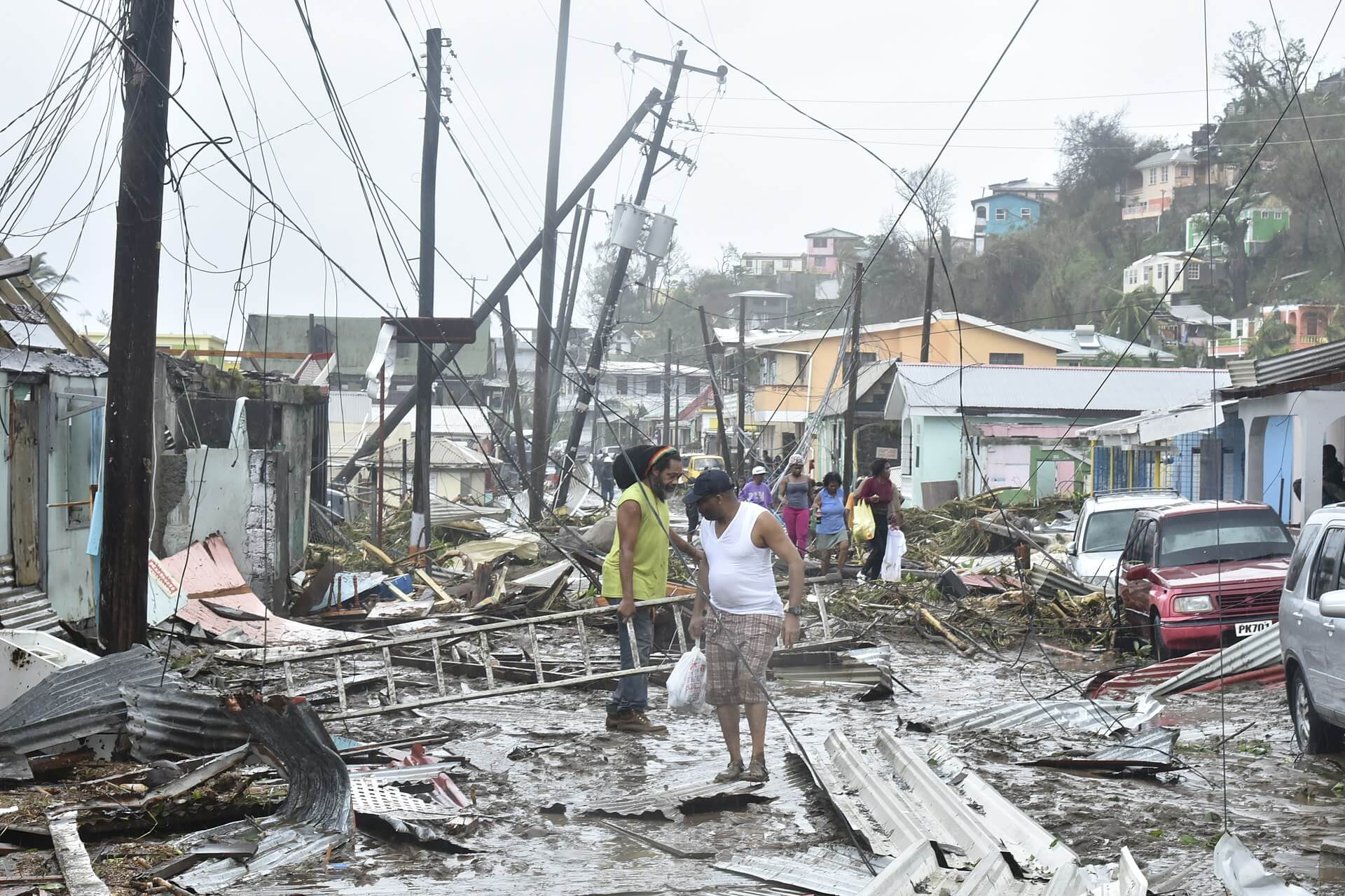
A decentralized insurance platform has announced its support for the first blockchain-enabled insurance product to tackle natural disasters in Puerto Rico.
According to an announcement, Etherisc’s hurricane insurance policy uses smart contracts to take away the strain of having to deal with traditional insurance companies.
The need for the new policy from the Zug-based startup arose after many small businesses and low-income households were hit by Hurricane Maria in 2017. A report from USA Today, in March, reported that nearly 200,000 families and businesses – 16 percent of the island – were still without power. Yet, as people wrestled with their losses from the storm, many experienced delayed claims and policy payout refusals from home insurance companies, according to the startup.
“Six months after Hurricane Maria, many Puerto Rican residents and local business owners are still waiting for their insurance claims to be paid,” said Renat Khasanshyn, co-founder of Etherisc. “Many have been forced to wait months for claim assessments or payouts. Residents are left without roofs over their homes, without money for repairs, and without a safety net for income loss. As a result, many people have left the island.”
As a direct result of the hurricane figures suggest that between 114,000 and 213,000 Puerto Rican residents will leave the island each year, according to the Center for Puerto Rico Studies. It adds that from 2017 to 2019, an estimated 470,335 residents, or 14 percent, of the population will have left the island.
Approached by two developers in the country to create a customized policy that meets the needs of residents in Puerto Rico, Etherisc saw an opportunity to help the islanders, as well as demonstrate what the platform and decentralized insurance can achieve.
Etherisc’s decentralized insurance protocol removes the middleman from the insurance equation, reducing the cost of household policies. Additionally, the protocol automates premium calculations and claims payouts, making policies faster and cheaper compared to traditional insurance. Via a library of automated smart contracts, transactions are recorded in a secure and transparent manner.
“By using Etherisc-provided common infrastructure, open-source product templates, and insurance license-as-a-service, they are able to build a tailored policy for Puerto Ricans that was both affordable and accessible, without the huge premiums, delays, and frustrations of traditional insurance,” said Stephan Karpischek, co-founder of Etherisc. He added by saying that ‘the hurricane insurance is the first use case that embodies our belief in what insurance should achieve – helping people solve real problems and manage risks in their communities.’

